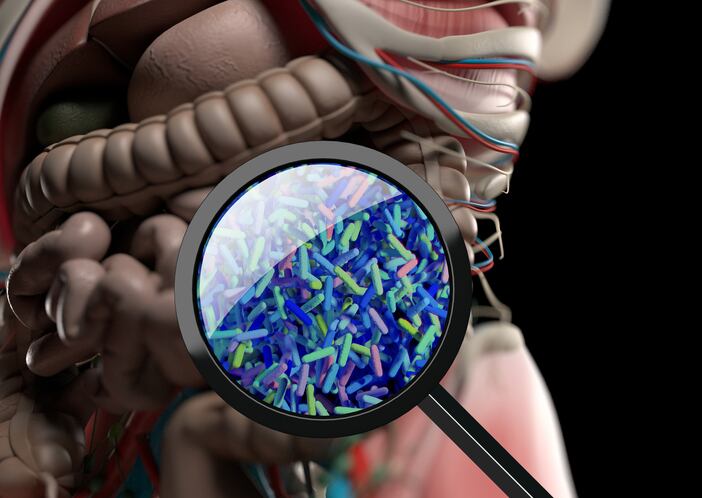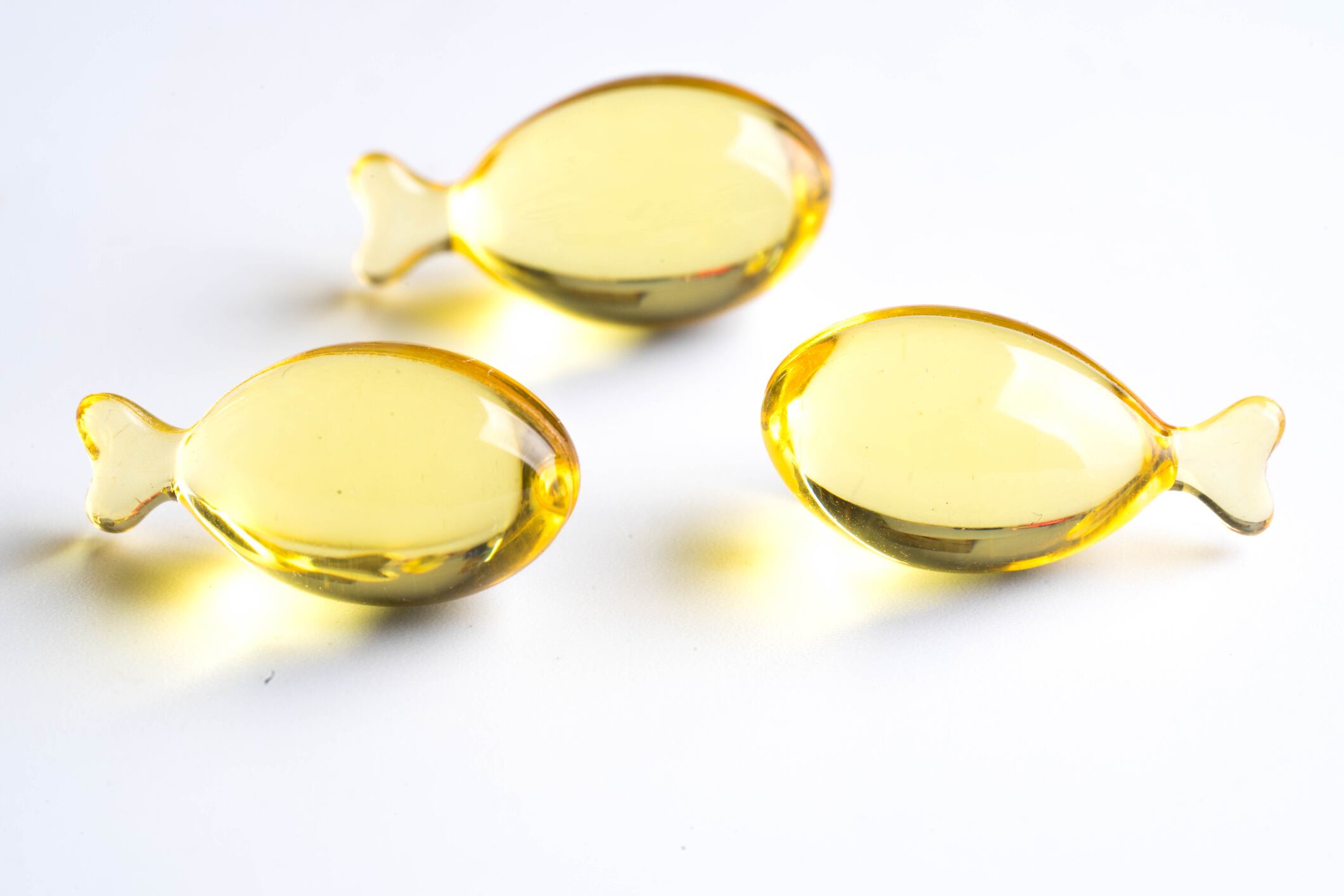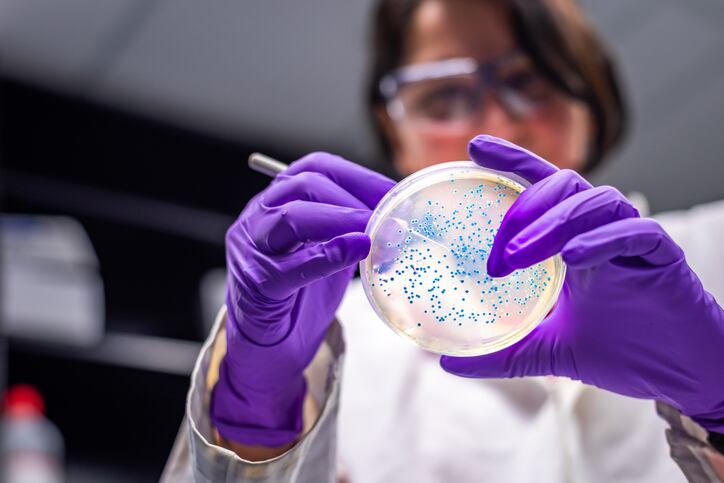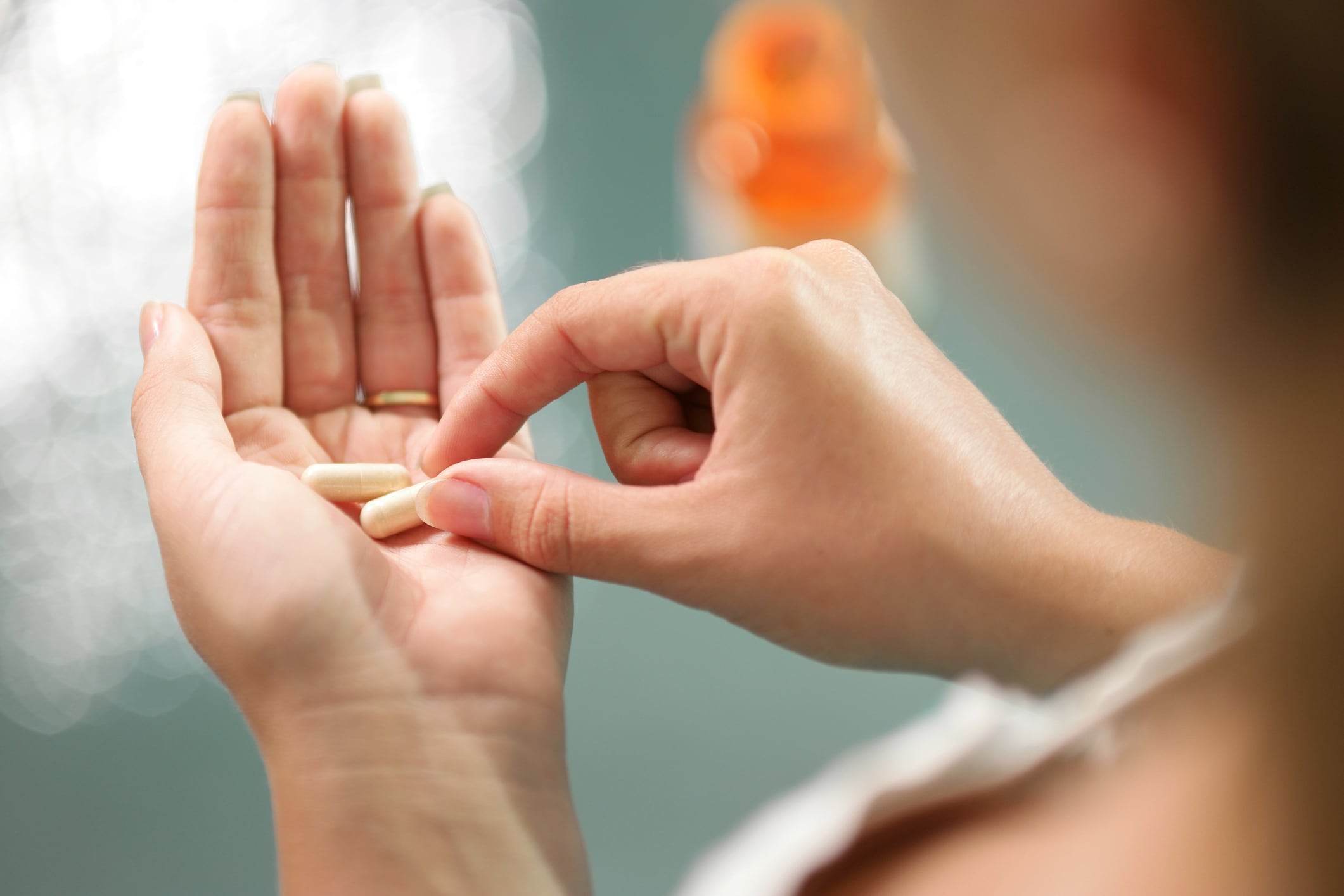Antibiotics can alter gut microbiota to variable extents, which may lead to an increased prevalence of opportunistic pathogens, such as Clostridioides difficile (Cd). Proton pump inhibitors (PPI) can also alter the gut microbiome, leading to a series of gastrointestinal (GI) symptoms, including antibiotic associated diarrhea (AAD), as reported in the case of Helicobacter pylori (Hp) eradication treatment.
In regions with low clarithromycin resistance (<15%), PPI-based standard triple treatment for 14 days with clarithromycin and amoxicillin (or metronidazole) is a recommended first-line therapy for Hp eradication. Yet several studies report that Hp treatments, including standard triple therapy, can induce alteration of gut microbiota that might persist for several months.
However, the effects of Hp treatment on gut microbiota (bacteria and fungi), SCFA, and associated side effects have never been investigated within the same trial.
A dairy product containing the strain Lacticaseibacillus paracasei (Lp) CNCM I-1518 was previously shown to reduce both antibiotic associated diarrhea (AAD) and Cd-associated diarrhea (CDAD) occurrence in hospitalised elderly and to increase the Hp eradication rate in children.
Recently, a seven-strain fermented milk product containing Lp CNCM I-1518, Lp CNCM I-3689, Lacticaseibacillus rhamnosus (Lr) CNCM I-3690, and yogurt strains, was shown to be safe in healthy subjects.
The objective of the present trial was to assess the effect of four-week consumption of this multi-strain product, on AAD and GI-symptoms, gut microbiota composition, and SCFA and calprotectin production, in a population of adult dyspeptic patients treated for Hp eradication.
The study
The study was monocentric, randomised, double blind, controlled, with two parallel arms and an adaptive design with interim analysis involving 136 subjects (68 in each group). The study included a screening phase, 14-days of Hp eradication treatment, 28-days of product consumption and 14-days of follow-up, with dietary restriction (no yogurts, probiotics in fermented dairy products, or supplements).
Seven visits were planned, in a clinical unit (Charité Research Organisation GmbH, Berlin, Germany): for inclusion (V1), randomisation (V2-D0), and evaluation (V3-D7 to V7-D42), with blood (fasted) and stool sampling. Additional stools were collected at the first day and after the end of each AAD episode.
For microbiota composition and quantification measures, a total of 558 faecal samples were collected in the study from 135 subjects at four time points for 16S rRNA gene sequencing.
Subjects reported their physical activity and smoking habits, dietary habits, and alcohol consumption.
Results
The authors found that 14-day Hp eradication treatment induced gut microbiota alteration, reflected by a decrease in total bacterial count and taxonomically-wide changes that persisted up to 28 days following cessation of the treatment, in line with previous studies.
Bacteria genera exhibited variable acute and recovery responses, suggesting that a longer follow-up period would have allowed the study of longer-term resilience. The noted loss of Bifidobacterium is consistent with a previous study in which its abundance was still depleted three months following Hp triple therapy.
Distinct responses were observed within the Coriobacteriia class, with Slackia, Collinsella being depleted while Egghertella, previously reported to be depleted in healthy subjects, was more durably enriched following Hp eradication. Intra-subject distance to baseline was lower in subjects consuming the Test product, during the post-Hp treatment phase, suggesting a gradual faster rate of recovery of gut microbiota.
The team observed an increase of the pathogens Escherichia-Shigella and Klebsiella, that persisted in the Control but not in the Test group up to 28 days after the end of treatment. Overall, the Test product affected gut microbiota mostly during the recovery phase following Hp treatment.
SCFA concentration in the Test group showed a significantly faster recovery following cessation of treatment. This evolution profile was systematically observed for each type of SCFA, despite their distinct metabolic pathways, and reached a statistical significance for total major SCFA and valerate.
The Test product did not show a significant effect on AAD occurrence or duration but the authors note this can be due to the much lower than expected AAD occurrence observed.
The authors conclude: "Our findings suggest that the Test product may confer a better resilience following a Hp eradication treatment, therefore protecting the homeostasis of the gut microbiota and SCFA production, and reduce the abundance of potentially pathogenic bacteria. A confirmatory study investigating the microbiota profile as primary criteria is needed for full demonstration of Test product beneficial effects."
Source: Nutrients
Guillemard, E., Poirel, M., Schäfer, F., Quinquis, L., Rossoni, C., Keicher, C., Wagner, F., Szajewska, H., Barbut, F., Derrien, M., and Malfertheiner, P. A
"A Randomised, Controlled Trial: Effect of a Multi-Strain Fermented Milk on the Gut Microbiota Recovery after Helicobacter pylori Therapy"
https://doi.org/10.3390/nu13093171 (registering DOI)





